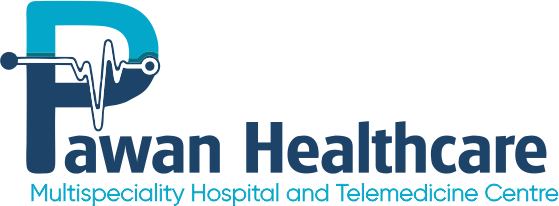We’ll explain who is most likely to experience this silent killer, but first, let us cover the standard heart attack.
A heart attack is a very serious and very sudden condition and occurs when a section of the heart does not receive blood. This lack of blood flow can cause heart tissue to die and scar. Heart attacks can range from mild to severe affecting areas both small and large areas of the heart. Almost always, heart attacks are life-threatening and require immediate attention.
Silent heart attacks can happen to anyone, but people most likely to experience silent heart attacks are those that have had a prior heart attack, individuals who have diabetes, women, men and women over the age of 65 and those prone to strokes. Individuals taking medication on a regular basis may also experience a silent heart attack.
Silent Heart Attack Symptoms:
The best way to identify this disease is through careful study of medical history, ECG (electrocardiogram; measures heart activity) and testing blood for cardiac enzymes. The most important treatment in silent heart attack is restoring the blood flow to the heart.
Restoring blood flow can be accomplished by dissolving clots found in the artery (thrombolysis) or by pushing the artery open using a balloon (angioplasty). Both thrombolysis and angioplasty may be used at the same time.
It is reported that as much as 25 percent of those having a heart attack and being diabetic never felt any of the common warning signs such as crushing chest pressure, weakness, arm pain or others.
Silent heart attacks and heart attacks, in general, can damage to nerves that affect the heart (autonomic neuropathy, or AN) could be the culprit.
Symptoms of a silent heart attack can include discomfort in your chest, arms or jaw that seem to go away after resting, shortness of breath and tiring easily. The most common complaint of visitors to the emergency room is Chest Pain which is by far the most symptom you’re having a heart attack. Although Chest Pain takes 1st place as an indicator, second place would be given to extreme shortness of breath! Oddly enough, many heart attack victims reported a feeling of overwhelming doom just before an attack.

